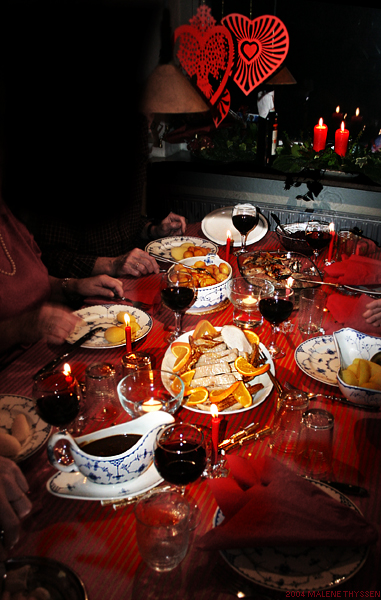This post is also available in Dutch.
It’s Christmas time. We meet families and friends, which can be experienced as wonderful but also stressful. Read how you can influence your perception to make it an enjoyable event.
Our brains are not passive perceivers of the outside world—but the opposite. They are continuously determining how likely an event is to happen in order to generate a prediction and compare the prediction against incoming information from the outside world. The brain works in this predictive way for various different processes, ranging from “simple” visual or auditory perception to more complex processes such as understanding and producing language; even our memory seems to work like this.
Basic underlying principle: Prediction error
A prediction error describes the mismatch between a prior expectation and reality, i.e., the difference between what we expect and what actually happens. Prior expectations are formed through our life experiences from which we build an internal model of the outside world. Think about all of the Christmas experiences that you had, not only in the last few years, but also during your childhood. In cases when a certain event happened more frequently, for example, the same person nags about the food during most Christmas dinners, our prediction will be that this person will again nag about the food during future Christmas dinners.
Predictions are adaptive but also maladaptive
This predictive way of coding is adaptive in that it allows the brain to spend as little as possible attentional and metabolic resources to expectedinputs, like when you’re driving a car in a familiar environment. At the same time, it does not lose the sensitivity to potentially unexpected inputs such as an animal crossing the street. A signal is generated whenever our internal prediction does not match reality. The prediction error calls for an update to adjust the internal prediction and thus facilitates learning.
However, in certain instances predictions can become maladaptive as well. If a certain event happens so often, as is often the case with family situations, your prior predictions might become so strong that you are very likely going to perceive a specific event in a certain direction. Taking the previous example, you may become more likely to perceive the family member as nagging, although that might not be true for this Christmas event. As such, our predictions bias our perception.
So how does all this help with Christmas?
Stay open to new experiences. Although you may have experienced Christmas many times with the same family members and you might have strong predictions on how it will go, try to perceive your Christmas evening independently from your predictions. In this way, you stay flexible and more objective to new learning experiences. It could change your view and even relationship to some family members. By staying open for new perspectives, you may, for example, realize that a family member behaves in a more pleasant way than you may have expected based on past experience. New perspectives build new interests and ideas. Merry Christmas ;).
Written by Mahur. Edited by Christienne & Marisha
